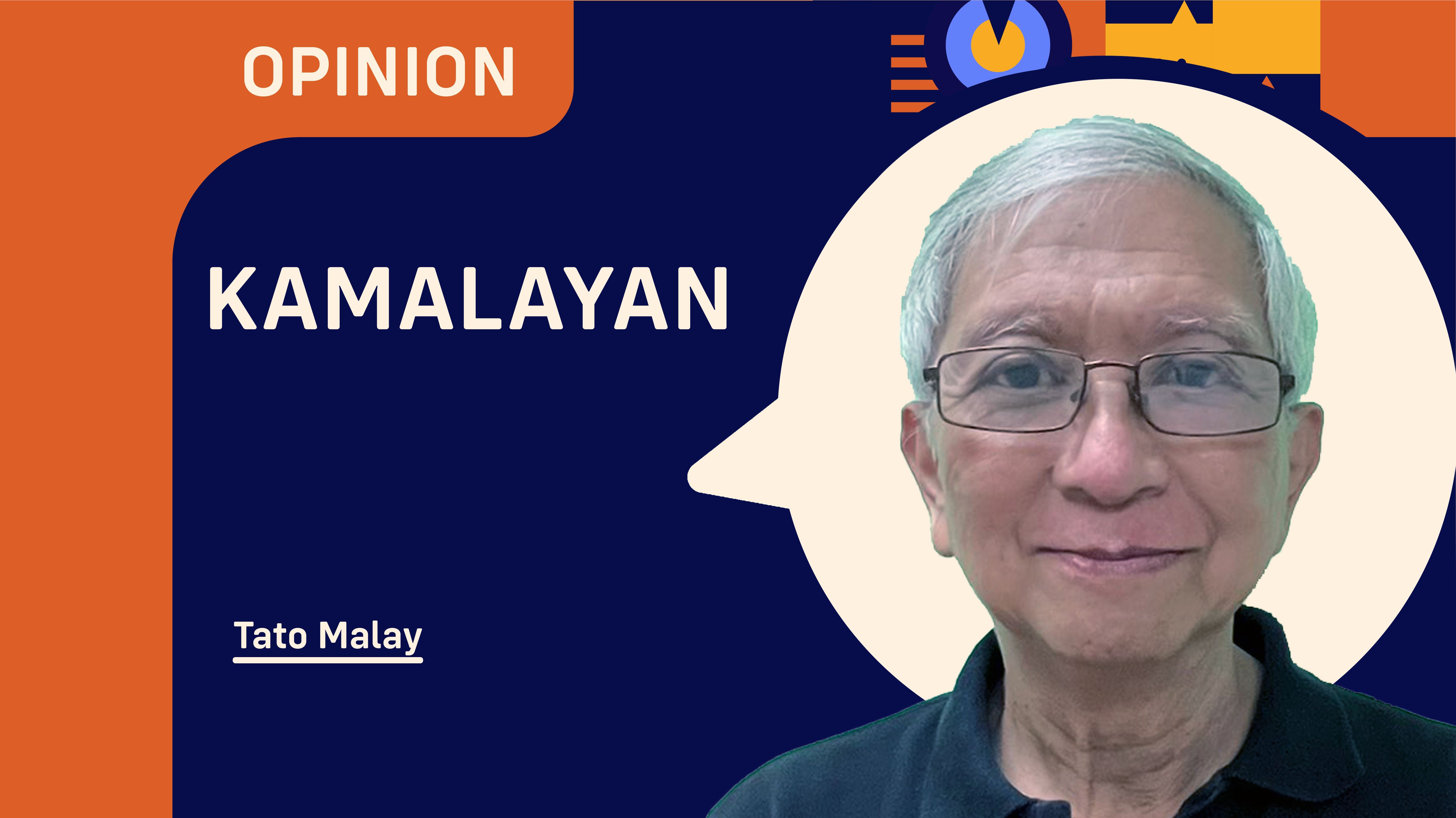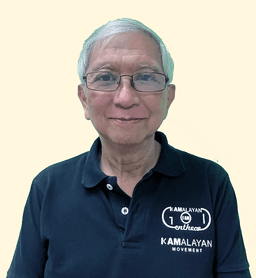In Kamalayan, I’ve come to view life through a lens that blends the mystical with the deeply personal. It suggests that before we are born, our souls enter into a kind of contract - an agreement about which parents, especially our mother, and which siblings we will be born alongside in this particular world. This is not a rigid fate but a pre-arranged vibe or blueprint that our souls have consented to for this incarnation. When we finally open our eyes, we are granted free will, and with that freedom comes forgetfulness of the soul’s contract. It’s as if we inherit a map but live in fog, gradually uncovering the path we are meant to follow through the choices we make and the experiences we gather along the way.
The idea that there are no accidents in the universe emphasizes a sense of purposeful causation. Our lives unfold as ripples of decisions we have already made, extended by the choices we make each day. This perspective is not about self-blame for misfortune but about recognizing the power we hold to steer our own ships. Yet the notion of being programmed can feel heavy. As we grow, we often follow a life script shaped by external expectations - ambitions such as status, money, or certain kinds of relationships. We chase these markers believing they will bring happiness, even though they sometimes leave us feeling hollow.
The turning point usually arrives when something within us feels off. We begin to question our circumstances: Why am I here? What truly matters to me? Am I happy? In many cases, religious and cultural teachings obscure a simpler truth: we are spiritual beings having a human experience. We each carry a soul contract, a task to fulfill that involves discovering what truly makes us happy and fulfilled. Instead of looking inward for a sense of purpose, we often seek happiness in external possessions or power - wealth, status, or lustful relationships. The problem with this approach is that it tends to misalign us with our deeper nature.
There is a hopeful, liberating possibility in recognizing who we really are. When we awaken to our true identity, we realize that we are all interconnected like brothers and sisters, bound by a shared essence that transcends individual differences. The notion of “kapatid” - the Filipino term for brother or sister - beautifully captures this idea. It reminds us that, beyond the labels we impose - races, religions, nations - we are fundamentally kin, part of a larger, sacred tapestry. This unity is echoed by many spiritual traditions, including the message attributed to Jesus and other teachers: that we are one with the Source and capable of co-creating our reality through love, compassion, and intention.
If we take these insights seriously, the path to happiness ceases to be a hidden formula outside us. It becomes an inward journey of honoring the soul contracts we already made and recognizing our oneness with the Source. When I lean into this perspective, people stop appearing as separate rivals or strangers. Instead, I begin to see them as fellow travelers on the same cosmic road - a broader family of sorts. With this shift in mindset, life feels more intentional, more compassionate, and, gradually, more joyful.
#WeTakeAStand #OpinYon #OpinYonNews #Kamalayan

